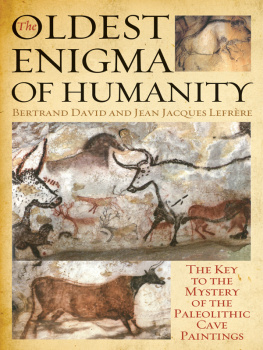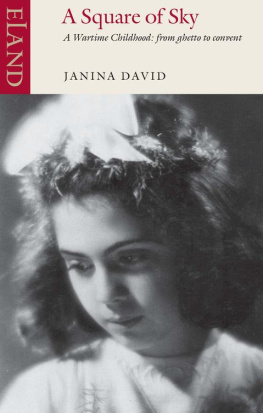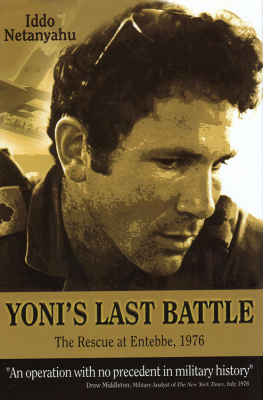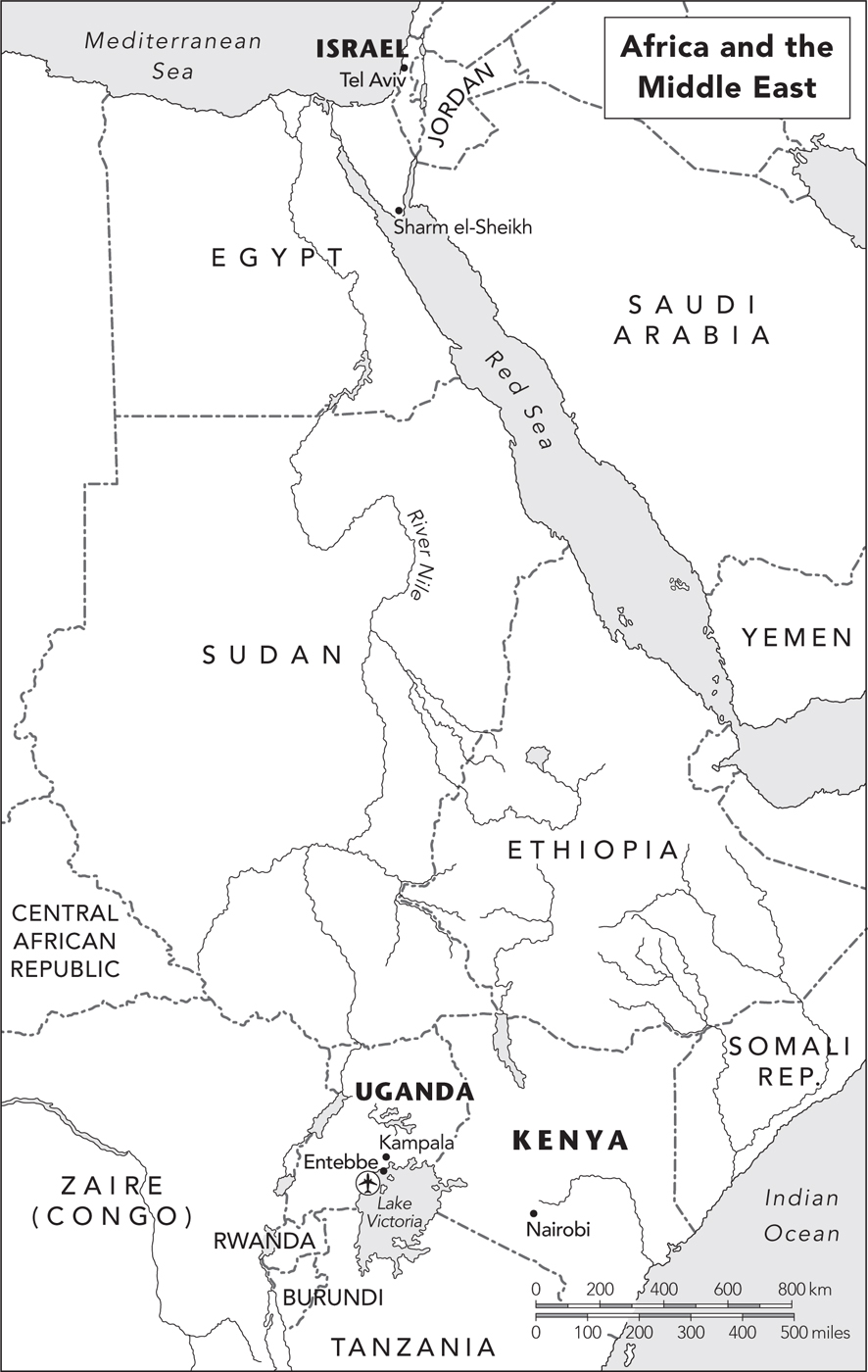Country names and borders as they were at the time of the raid.
0500hrs GMT, Lod, Israel
A chaotic scene greeted Frenchman Michel Cojot and his twelve-year-old son Olivier as they entered the ground-floor check-in area of Ben-Gurion International Airports Terminal 1, an unsightly four-storey concrete and glass construction that had replaced the original whitewashed terminal built by the British in the 1930s. The flow of people reminded Cojot of an Oriental bazaar as it tried to make a path among the baggage carts, the pillars, and the barriers under the watchful eyes of young women in khaki and young soldiers the only persons there who were not bustling about.
A spate of recent terrorist attacks against Israelincluding the infamous massacre of twenty-six people, most of them Christian pilgrims from Puerto Rico, by three pro-Palestinian members of the militant communist Japanese Red Army at Ben-Gurion four years earlierhad left the country with the tightest airport security in the world. Anyone who could not convince the officials that he was harmless would have his alarm clock dismantled, the heels of his shoes probed, his camera opened, his can of shaving cream tested. Despite the delay, most were happy to cooperate because they approved of the reasons for the controls.
In truth the stringent checks were the final straw for young Olivier Cojot. His parents had recently separated and he had jumped at the chance to join his management-consultant father on a week-long business trip to Israel, leaving his mother and two younger siblings in France. He had hoped to bond with his father and learn more about his Jewish heritage. But apart from a pretty interesting visit to a factory run by Negev Phosphates, the mining firm his father was advising, he had spent much of his time alone and sweltering in a Beersheba hotel and could not wait to get home.
Not that the temperature in France was any cooler. It, like the rest of Western Europe, was wilting in a heatwave that would prove to be the hottest on record. Olivier was just relieved that the queuing for the early-morning flight was at a comparatively cool time of day. He found the lengthy security checks at Ben-Gurion a pain in the arse and the terminals lack of air-conditioning did not help.
Finally reaching the Air France check-in desk, the Cojots were told their flight to Paris would be making an unscheduled stopover at Athens. The Greek capitals international airport was well known for the laxity of its transit security, and Olivier voiced his fathers fears when he piped up: Hey Dad, if I were a terrorist I would get on at the stopover.
Such fears of a terrorist attackmore specifically a plane hijackingwere far from unfounded. Since Israels victory over the Arab states of Egypt, Jordan and Syria in the Six-Day War of 1967, various Palestinian and pro-Palestinian terror groups had used plane hijackings as a means of forcing concessions out of Israel and publicizing their cause to the world. Before the Six-Day War there had typically been five hijackings annually. By 1969 this had risen to eighty-two hijackings worldwidethe most in a single yearand, though the average had since fallen, it was still more than three a month.
Only too aware of the recent spate of hijackings, Cojot inquired about a direct flight to Paris on the Israeli airline El Al that, with its armed sky marshals, seemed to offer better security. But hearing the flight was full, and unwilling to wait for another, he reluctantly returned to Air France, his concern only partly assuaged by the knowledge that his frequent-flyer status meant he qualified for service plus.
Other travellers on Air France Flight 139 were just as alarmed by news of the stopover. Ilan Hartuv, forty-nine, a short-sighted and rotund former Israeli diplomat and now deputy director-general of a Jerusalem urban-regeneration company, was accompanying his seventy-three-year-old mother Dora Bloch on the first leg of her journey to New York for the wedding of his younger brother Daniel. Hartuv planned to part from her in Paris where he would meet his brother-in-law and their respective wives for a short holiday and, aware of the threat from terrorists, he had specifically instructed his travel agent to book non-stop tickets. So too had Sara Davidson, en route to the United States for a coast-to-coast tour with her husband Uzi and their two sons, seventeen-year-old Roni and Benny, thirteen. Lets not go on the plane, she told Uzi when she heard it would stop in Greece. We dont know whos likely to get on in Athens. They also tried to change to El Al without success.

















